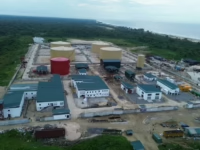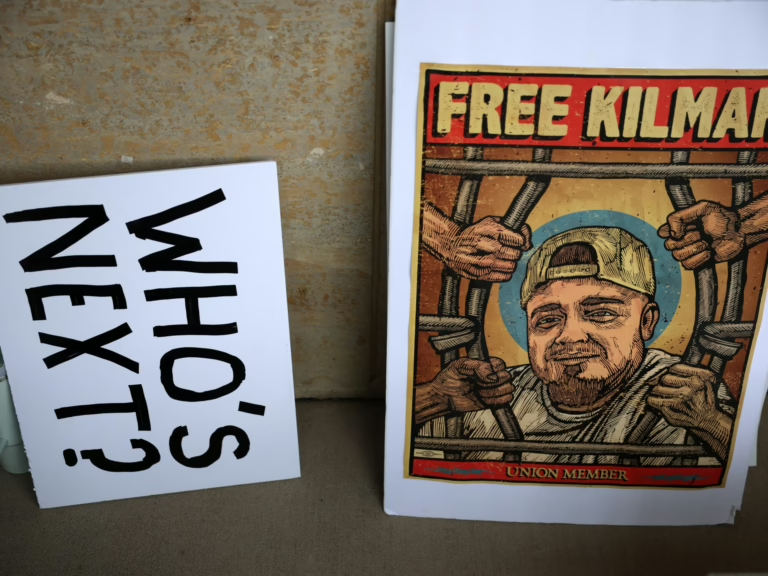The denial of his asylum application marks a significant episode in a case that has come to symbolize President Donald Trump’s aggressive deportation policies.
An administration-immigration-judges-fired/” title=”… Ousts More Immigration Judges in Controversial Move: NPR”>immigration judge in the United States has rejected Kilmar Abrego Garcia’s request for asylum. Earlier this year, the Trump administration mistakenly deported him to El Salvador before he was brought back to the U.S.
The decision, announced late Wednesday, was celebrated by the Trump administration, which has maintained a firm stance following Abrego Garcia’s deportation in March despite a judicial order to the contrary.
Abrego Garcia’s situation has become a focal point for opponents of the Trump administration’s expansive deportation campaign.
Following the ruling, the Department of Homeland Security posted on the social media platform X, asserting unequivocally: “This Salvadoran man will not be permitted to stay in the United States.”
Nonetheless, Abrego Garcia retains the right to appeal the Baltimore immigration judge’s ruling within 30 days. His legal team has yet to issue a public response to the latest development.
Having entered the U.S. as an undocumented minor, Abrego Garcia has resided in Maryland for several years with his spouse and children.
In 2019, immigration officials detained him, and a judge determined he was ineligible for asylum. However, the same judge ruled that deporting him to El Salvador would pose a risk due to potential gang violence targeting him.
Despite this protective order, Abrego Garcia was among hundreds deported to El Salvador’s Terrorism Confinement Centre (CECOT) in March, as part of Trump’s intensified deportation efforts.
After a Supreme Court directive mandated facilitating his return, the administration repatriated Abrego Garcia to the U.S. in June.
Upon his return, federal prosecutors charged him with human smuggling related to a 2022 traffic stop in Tennessee, and he was taken into custody.
His attorneys have denounced these charges as politically motivated and baseless.
Abrego Garcia was briefly released in August but was soon re-detained by immigration authorities. He is currently held in a detention facility in Pennsylvania.
Immigration officials have since attempted to deport him to a third country, circumventing the 2019 judicial order that barred his removal to El Salvador. Uganda and Eswatini, both African nations, have been suggested as possible destinations.
The Trump administration has repeatedly accused Abrego Garcia of affiliation with the MS-13 gang, which it designates as a “foreign terrorist organization.” However, these allegations lack substantial evidence, a point his lawyers strongly contest.
His legal team has called for a gag order on the administration, warning that unsubstantiated claims could bias potential jurors.
Critics argue that Abrego Garcia’s case exemplifies the Trump administration’s uncompromising deportation strategy, which increasingly targets individuals with deep roots in the U.S. and little to no criminal history.
Notably, Abrego Garcia has never been convicted of any crime.
Human rights advocates and attorneys have also accused the administration of undermining due process rights amid its immigration crackdown.
Trump sought to invoke the Alien Enemies Act, an 18th-century wartime statute, to expedite deportations without judicial oversight. However, a federal appeals court ruled in September that this application was unlawful. The matter is expected to be reviewed by the Supreme Court.
In a separate lawsuit filed in July, Abrego Garcia alleges he endured physical and psychological abuse while detained at El Salvador’s maximum-security CECOT prison during the period the Trump administration refused to repatriate him.























